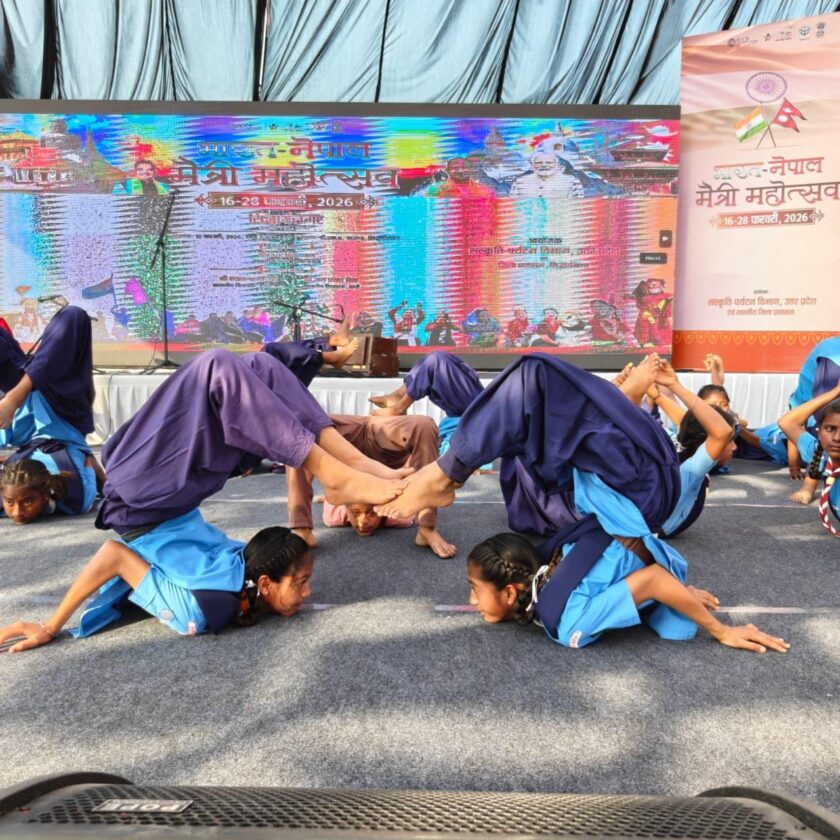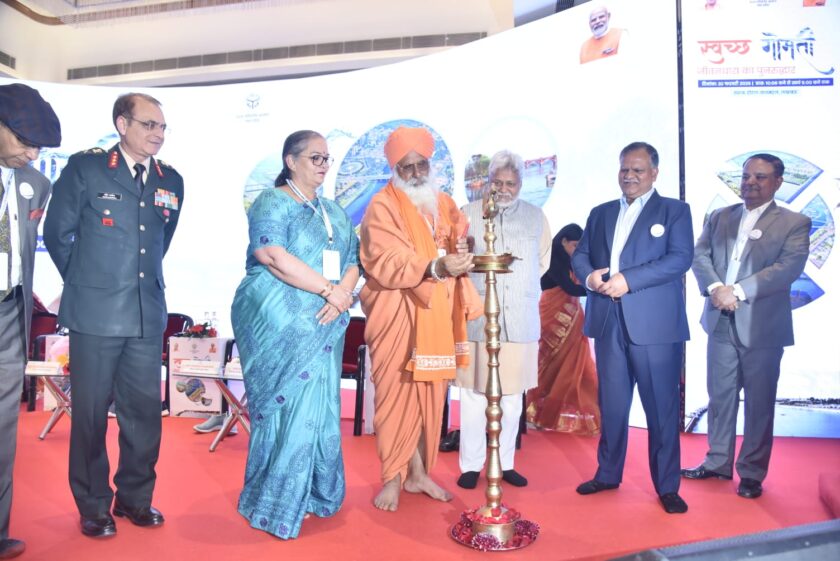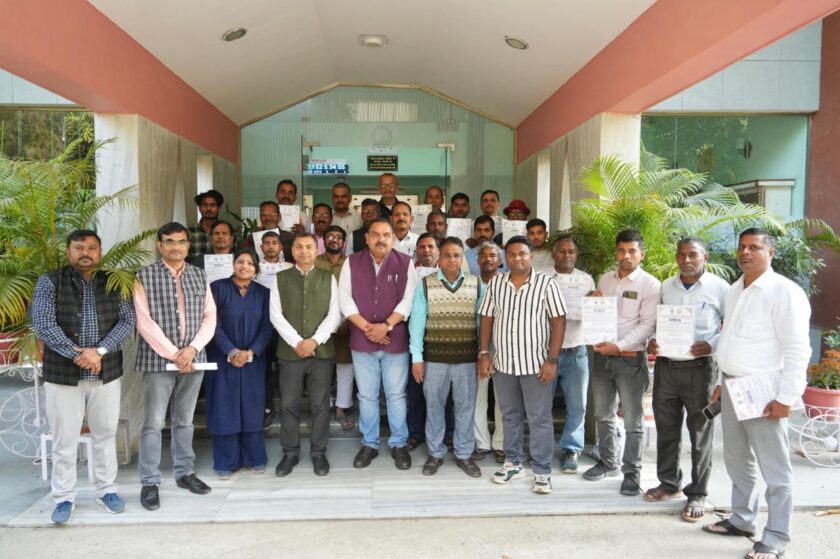Lucknow: Festivals are the carriers of any country and its culture. It is because of festivals that we get the opportunity to know and understand our ancient glorious culture. If there were no festivals, we would not have any information about our gods and goddesses and great men and their lives. Festivals have great importance in our lives. Shri Krishna Janmashtami is celebrated with great pomp in various parts of the world including India with full rituals. This festival has not only religious importance, but it also has cultural, social and economic importance.
Religious importance of Shri Krishna Janmashtami
Shri Krishna is considered to be the eighth incarnation of Lord Vishnu. Lord Vishnu was born as the son of Devaki and Vasudev on the midnight of Bhadrapada Krishna Ashtami. According to beliefs, Mathura King Kansa was very tyrannical. He used to torture the people a lot. To destroy him, Lord Vishnu was born in Mathura. It is said that Kansa loved his sister Devaki very much. One day, when he was going somewhere with his sister, a voice from the sky said that you will be killed by the eighth son of the sister whom you love so much. On hearing this prophecy, Kansa became very frightened and he imprisoned his sister and her husband. Due to the fear of death, he killed seven newborn babies of his sister. At the time of the birth of Devaki’s eighth son, it was raining heavily and darkness prevailed.

As soon as Shri Krishna was born, the shackles of Devaki and Vasudev opened. The doors of the prison also opened by themselves and the guards fell asleep. Vasudev crossed the surging Yamuna and took his son to the house of his friend Nanda in Gokul village. There, Nanda’s wife Yashoda had given birth to a girl. Nanda laid Shri Krishna down next to his wife and handed over his daughter to Vasudev. When Vasudev came to the prison, everything became as before. On receiving the news of the birth of the child, Kansa came there and tried to kill the girl by throwing her, but she went towards the sky saying that the one who will kill you has been born. After this, Kansa ordered to kill all the newborn children of his kingdom.
Krishna-Janmashtami-is-the-feeling
His soldiers would go from house to house searching for newborn babies and kill them. Fed up with the atrocities of Kansa, many people started leaving the kingdom, but not everyone could do this. Day by day, the atrocities of Kansa were increasing. Kansa also made many attempts to kill Shri Krishna, but in his childhood itself, Shri Krishna killed all the demons sent by Kansa. When he became young, he killed Kansa and freed Mathura from his atrocities. Shri Krishna was brought up in Nand Baba’s house in Gokul. There are many deeds of Shri Krishna, which are noteworthy. Innumerable literary texts have been written on them.

The main scripture of Hindus, Bhagavad Gita, is the words of Shri Krishna. The teachings that he gave to Arjuna at Kurukshetra during the Mahabharata war are compiled in it. It mentions Dharma, Karma, Bhakti, Prem, Vairagya and Moksha etc. It contains the philosophy of life and also the essence of life.
Cultural significance
The festival of Janmashtami is celebrated with great joy in Hindu majority countries all over the world including India. On this festival, temples are decorated. Rangolies are also made in them. Devotees observe fast. They offer prayers. Satsang and Kirtan are also performed. In many temples, ‘Bhagwat Purana’ and ‘Bhagwad Gita’ are recited. Krishna Leela is organized by drama troupes. Songs and dances are also included in the drama. Shobha Yatra is also taken out in the city. All these events provide information about the life philosophy of Shri Krishna and his works.
In this way, children gain information about their gods and goddesses from childhood itself. The wheel of time keeps turning. Thereafter, these children impart this knowledge to their children by organizing various religious and cultural events on their festivals. In this way, this knowledge keeps on progressing. Due to these events, arts like Rangoli, Bhajan-Kirtan, Drama, Dance etc. also develop. Festivals are also the carriers of our classical and folk arts. Due to these, many arts are flourishing, otherwise they would have been lost long ago.

Due to the celebration of Janmashtami in foreign countries, Indian culture is reaching every corner of the world. At a time when many countries of the world were immersed in the darkness of ignorance, even then our culture was at its peak.

Social importance
Festivals also have social importance. Shri Krishna gave the message of love, compassion, justice and harmony to the world. These qualities are most needed to maintain social harmony. Janmashtami also gives the message of maintaining this harmony. In fact, when people of a tradition celebrate a festival together, love and brotherhood spreads among them. Apart from this, if people of other religions and sects join it, then it increases social harmony, love and brotherhood. Indian culture is also like this, that is, it accepts everyone. Our motto is ‘Vasudhaiva Kutumbakam’, that is, the whole world is one family. This sentence has always been relevant, because it gives priority to collective welfare at the global level. This is the basic mantra of Indian culture, which is a symbol of its greatness.
Like other festivals, Bhandara is also organized on Janmashtami, in which
Prasad is distributed and food is consumed collectively. Apart from temples, Bhandaars are also organized in markets. People also organize Bhandaars by collecting donations. At many places, people of the area themselves prepare food by collecting vegetables, grains and other food items. Women also participate enthusiastically in this work. Their contribution is included from cooking to serving food.
Apart from this, due to these Bhandaars, those people also get tasty food to their fill, who are unable to eat tasty food due to lack of resources. Everyone eats food together in Bhandaars. There is no discrimination or feeling of high and low here. It promotes social harmony. It is very much needed in today’s time.

Economic importance
Festivals are also centers of economic activities. Its preparations begin even before Janmashtami. Temples are decorated. Many decorative items are required for this, which also include electric lights and flowers etc. There is a big market for flowers, in which innumerable people are engaged. From flower cultivation to people making flower garlands, everyone gets employment. Along with this, the work of sweet makers and confectioners also increases. There is a plethora of items related to Janmashtami in the markets. From those who make these items to those who sell them in the market, everyone also gets employment. Janmashtami strengthens the various dimensions of Indian culture and establishes the value of life and the value of relationships. Undoubtedly, Janmashtami is a powerful medium for the promotion of Indian culture.
Richa Singh
(Author – Teacher in Basic Education Council – Kushinagar, Uttar Pradesh.)









